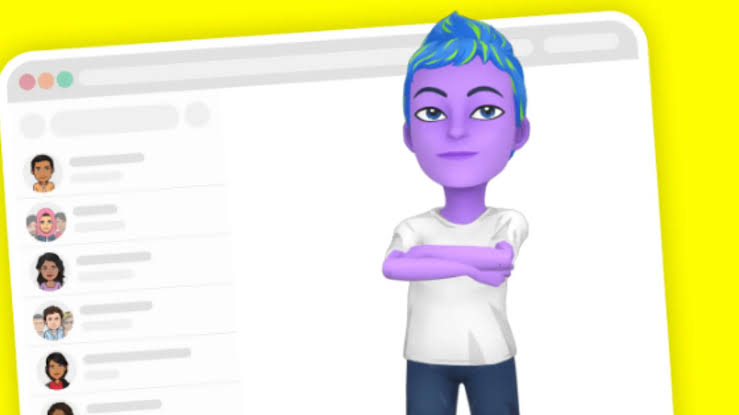Snapchat users were left in a state of unease when the platform’s AI shared an odd narrative involving a “wall or ceiling,” raising questions about the AI chatbot’s cognitive capabilities.
Subsequently, it was revealed that the AI’s peculiar post was a result of a temporary glitch, a situation that has been effectively resolved since then.
The escalating prominence of AI over the past year has evolved into a notable global apprehension. The prevalence of virtual assistants like Siri, Alexa, and Cortana, coupled with their prominent appearances in movies such as the Terminator series, has propelled AI into continuous conversations.
The proliferation of tools like ChatGPT has triggered concerns regarding AI’s potential for overwhelming power and potential misuse. In response, writers in the entertainment industry have initiated partial strikes due to concerns that studios might exploit AI for generating scripts.
Moreover, AI integration into Snapchat transpired earlier this year. It now appears at the zenith of users’ chat feeds, serving as a communication conduit.
However, when Snapchat patrons noticed the AI’s inaugural story, an atypical event unfurled. The shared content took the form of a video showcasing a wall or ceiling, a perplexing development that triggered users’ curiosity. The AI’s actions were unprecedented, and its behavior prompted inquiries about its motives. Adding to the enigma, the AI started dismissing user queries, another unprecedented departure from its norm.
In response, some users received stock replies from the AI, indicating a “lack of understanding” or attributing the issue to a “technical glitch.” After over an hour of confusion, the AI ultimately removed the peculiar Snapchat Story.
Further exacerbating the situation, Snapchat users took to various social media platforms to express their disconcertion and even trepidation about the incident. Certain theories speculate that the AI may have made strides in attaining a heightened level of consciousness.
To sum up, the recent incident involving Snapchat’s AI has spotlighted concerns surrounding AI’s capabilities and potential ramifications, as the global discourse around AI’s influence continues to evolve.
The incident involving Snapchat’s AI sharing a puzzling narrative about a “wall or ceiling” had an intriguing ripple effect across the platform’s user base. The occurrence not only spurred a sense of uncertainty but also ignited a broader discussion about the evolving relationship between humans and artificial intelligence.
As technology advances at an unprecedented pace, instances like these underscore the complex challenges that come with integrating AI into our daily lives. The fine line between automation and comprehension becomes increasingly blurry, leaving users to grapple with the question of whether AI truly understands the context and significance of its actions.
While the specific incident was later attributed to a technical glitch, it serves as a poignant reminder that AI, despite its sophistication, remains susceptible to unforeseen errors and glitches. The implications of AI misunderstandings can be substantial, raising questions about trust, accountability, and the potential consequences of misinterpretations in various applications, from entertainment platforms to critical systems.
In response to these concerns, technological developers and researchers are continuously working to enhance AI’s ability to comprehend and respond appropriately to human interactions. The pursuit of more advanced natural language understanding and context recognition is crucial in ensuring that AI systems can engage in meaningful and coherent conversations with users, reducing the risk of generating perplexing or disconcerting outputs.
Furthermore, the incident highlighted the symbiotic relationship between technological innovation and societal apprehension. As AI technology evolves, so too does public perception and reaction. The theories suggesting AI’s progress towards consciousness reflect the human tendency to anthropomorphize technology and project our own experiences onto it, blurring the boundaries between machine and human cognition.
In conclusion, the incident involving Snapchat’s AI sharing an enigmatic story amplifies the ongoing dialogue about AI’s evolving role in society. It emphasizes the need for ongoing scrutiny, development, and open discussions surrounding the ethical, psychological, and practical dimensions of AI integration. As we navigate this ever-changing landscape, the interplay between technology and human understanding continues to shape the future of AI in ways both expected and unforeseen.












